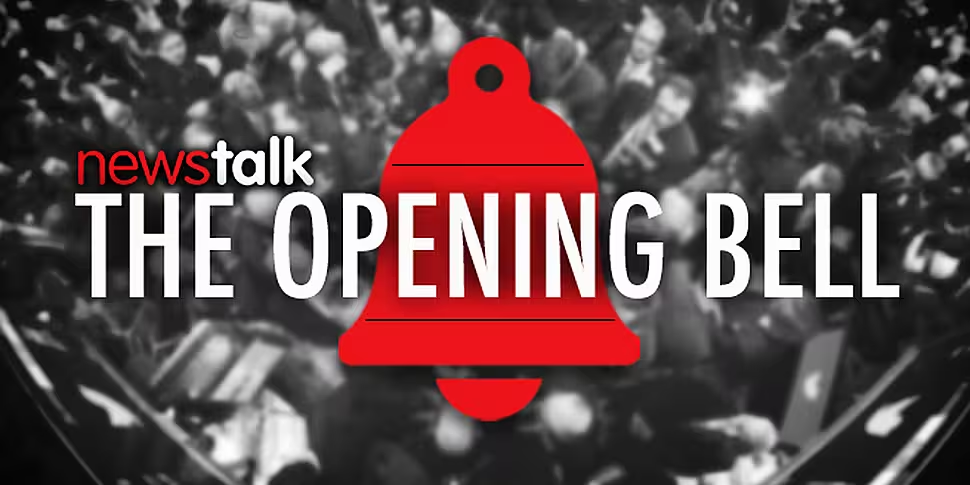Greek MPs have passed a second set of reforms to help secure an €86bn bailout.
The country's prime minister Alexis Tsipras had urged rebels within his own party to support the creditors' conditions.
Before the late-night debate some 10,000 people protested outside the parliament against the measures.
This was the final hurdle to be passed by Greece's parliament - the country will now negotiate final bailout terms with its creditors.
______________________________________________________________
Enda Kenny and Joan Burton are due to appear before the Banking Inquiry today.
The Taoiseach and Tánaiste will give evidence on the policies they put forward while their parties were in opposition.
Labour's former leader Pat Rabbitte will also face questions during today's hearing.
______________________________________________________________
Independent TD Mick Wallace has called on Minister for Finance, Michael Noonan to force NAMA to suspend the sale of its Project Arrow portfolio of Irish and British loans which is worth €8.4bn.
He has warned that it would be likely to be purchased by a “US vulture fund” - and that the non-performing loans would be likely to be sold with a "very serious write-down."
Mr Wallace also called again for an independent commission of investigation into the workings of NAMA.
A spokeswoman for the Department of Finance said the sale is a matter for NAMA - not the department.
______________________________________________________________
Chairman of the Stormont finance committee, Sinn Fein's Daithí McKay has criticised the Minister for Finance over NAMA's refusal to give evidence to the body.
The committee is examining allegations by independent TD Mick Wallace who said that a political party in Northern Ireland was set to gain up to £7m after the purchase of Nama’s 850-property Northern Ireland portfolio by Cerberus for £1.3bn.
Nama chairman Frank Daly has said that he will not give evidence to the Northern Irish committee, Mr McKay wants Michael Noonan to pressure him to do so.
______________________________________________________________
Debt in eurozone countries has reached record levels, the European Central Bank’s (ECB) quantitative easing programme has pushed down interest rates to allow States to borrow at very low costs.
In euro-countries, average debt to gross domestic product reached 92.9 percent in the first quarter of 2015 - up from 92 percent in the previous quarter.
Unsurprisingly Greece remains the most indebted nation - its debts are 169 percent of its economic output.
Italy, Belgium, Cyprus and Portugal all also have debts which are higher than their GDPs.









